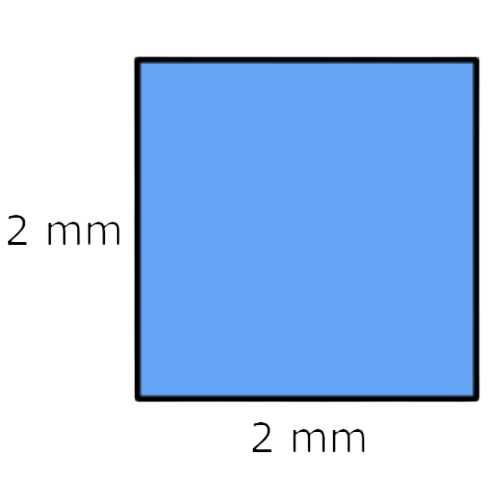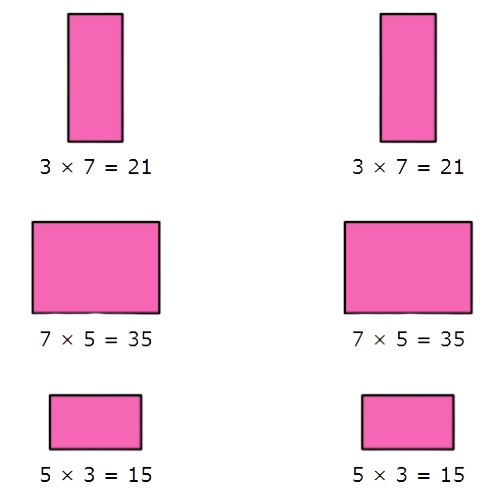Surface area of prisms and cylinders
key notes :
Surface Area Basics
- Surface area is the total area of all the faces of a 3D shape.
- It is measured in square units (e.g., cm², m²).
Surface Area of Prisms
A prism is a 3D shape with two identical parallel bases and rectangular or parallelogram lateral faces.
- Formula for Surface Area of a Prism:
Surface Area = 2 × Base Area + Lateral Area
- Lateral Area is the sum of the areas of all the side faces (excluding the bases).
Example:
For a rectangular prism (cuboid) with length (l), width (w), and height (h):
Surface Area = 2(lw + lh + wh)
Surface Area of Cylinders
A cylinder has two circular bases and a curved lateral surface.
Formula for Surface Area of a Cylinder:
Surface Area = 2πr2 + 2πrh
Where:
- r = radius of the base
- h = height of the cylinder
- 2πr2 = total area of the two circular bases
- 2πrh2 = lateral (curved) surface area
Key Steps to Find Surface Area
- Identify the shape (prism or cylinder).
- Determine the dimensions (length, width, height, radius, etc.).
- Calculate the base area and lateral area separately.
- Add all the areas to get the total surface area.
Learn with an example
What is the surface area?

_____ square centimetres.
Each face of the cube is a square with sides that are 10 centimetres long.
Find the area of one face:

side = 10 cm
area = side . side
= 10 . 10
= 100
The area of each face is 100 square centimetres. There are 6 faces. Multiply:
surface area = 6 . 100
= 600
The surface area of the cube is 600 square centimetres.
What is the surface area?

_____ square millimetres
Each face of the cube is a square with sides that are 2 millimetres long.
Find the area of one face:

Area = side × side
= 2 × 2
= 4
The area of each face is 4 square millimetres. There are 6 faces. Multiply:
Surface area = 6 × 4
= 24
The surface area of the cube is 24 square millimetres.
What is the surface area?

_____ square metres
Find the area of the faces in each pair.

Now add the areas of the 6 faces.
Surface area
= 21 + 21 + 35 + 35 + 15 + 15
= 142
The surface area of the rectangular prism is 142 square metres.
let’s practice!

